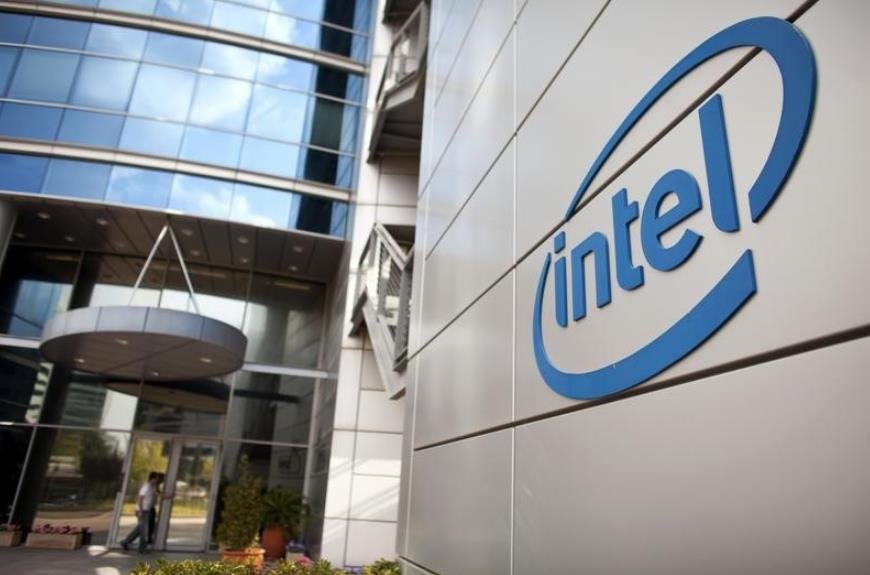Intel Corp. is aiming to capture a bigger share of the automotive market with its latest launch of artificial intelligence-enhanced chips for next-generation vehicles. The company announced a new family of software-defined vehicle system-on-chips (SoCs) at the Consumer Electronics Show in Las Vegas today, challenging the dominance of rivals Nvidia Corp. and Qualcomm Inc.
The Chinese electric vehicle maker Zeekr Co. Ltd. has been named as the first original equipment manufacturer (OEM) to adopt Intel’s new SoCs, which are said to have been engineered to infuse AI experiences into next-generation vehicles. Zeekr plans to use the new chips to create an “enhanced living room experience” in its cars, with features such as video conferencing and AI voice assistant capabilities.

Zeekr, a subsidiary of Geely Holding Group, is a premium electric vehicle brand that aims to deliver a “seamless and smart mobility experience” to its customers. The company said it will leverage Intel’s new SoCs to power its GenAI platform, which will enable personalized and immersive entertainment, productivity, and safety features in its vehicles.
“Zeekr is committed to creating the ultimate smart mobility experience for our users,” said Zeekr CEO Andy Conghui An. “We are excited to partner with Intel to bring their cutting-edge AI technology to our vehicles, and to create a new benchmark for the industry.”
Intel’s new SoCs offer flexibility and scalability for automakers
Intel’s new SoCs are based on the company’s recently announced AI PC technology, but have been adapted for the durability and performance requirements of vehicles. The new chips are designed to be flexible and scalable, allowing developers to customize the processing capabilities they want in a car.
The new SoCs will enable in-vehicle AI applications such as GenAI, which uses generative adversarial networks (GANs) to create realistic and personalized content for passengers, and camera-based driver and passenger monitoring, which can enhance safety and comfort by detecting fatigue, distraction, and emotions.
Intel said its new SoCs will also support advanced connectivity and security features, such as 5G, Wi-Fi 6, and Intel’s Hardware Shield technology, which provides protection against cyberattacks.
“Intel is driving AI everywhere into the automotive market, from the edge to the cloud, to enable the next wave of smart and connected vehicles,” said Jack Weast, vice president and general manager of Intel Automotive. “Our new SoCs will empower automakers to deliver differentiated and immersive experiences to their customers, while also accelerating their time to market and reducing their development costs.”
Intel acquires Silicon Mobility to expand its automotive portfolio
Alongside the new chips, Intel also announced plans to acquire French startup Silicon Mobility SAS, which designs SoC technology and software that are used to control electric vehicle motors and onboard charging systems. Intel did not disclose the terms of the deal, but said it expects to close it in the first quarter of 2024.
Silicon Mobility’s SoCs are said to incorporate industry-leading accelerators that are designed to be power-efficient. They also use advanced AI algorithms to maximize energy efficiency and performance. The technology will help extend Intel’s reach into the automotive sector, moving beyond high-performance compute to intelligent and programmable power devices.
“Silicon Mobility’s technology and expertise will complement and enhance Intel’s automotive portfolio, and enable us to offer a more comprehensive and integrated solution for electrified vehicles,” said Weast. “We are thrilled to welcome the Silicon Mobility team to Intel, and look forward to working together to drive the future of mobility.”
Intel aims to challenge Nvidia and Qualcomm in the automotive sector
Intel’s new announcements signal its ambition to challenge the market leaders Nvidia and Qualcomm, which currently dominate the market for semiconductors that act as the brains of a new generation of smart cars. Automotive chips are used not only for automated driving, but also to power in-car infotainment software and complex dashboard displays.
Intel already has an established presence in the market for infotainment systems, with its chips installed in more than 50 million vehicles worldwide. However, the company trails behind Nvidia and Qualcomm in the areas of autonomous driving and advanced driver assistance systems (ADAS).
Weast told reporters at CES that Intel has “done a pretty terrible job communicating our success in automotive” and that now is the time to change that. He explained that Intel will try to differentiate itself from its rivals by selling automakers chips that can be used across their product lines, with options ranging from the lowest priced silicon to the most advanced.
“If AI in the car means 500 watts … and God knows what costs … it’s not scalable,” Weast said, referring to Nvidia’s powerful but also very expensive products. “We are offering a scalable and flexible platform that can meet the needs of any automaker, from entry-level to premium, and from infotainment to autonomous driving.”
